
Laura Sanders reports on neuroscience for Science News. She wrote Growth Curve, a blog about the science of raising kids, from 2013 to 2019 and continues to write about child development and parenting from time to time. She earned her Ph.D. in molecular biology from the University of Southern California in Los Angeles, where she studied the nerve cells that compel a fruit fly to perform a dazzling mating dance. Convinced that she was missing some exciting science somewhere, Laura turned her eye toward writing about brains in all shapes and forms. She holds undergraduate degrees in creative writing and biology from Vanderbilt University in Nashville, where she was a National Merit Scholar. Growth Curve, her 2012 series on consciousness and her 2013 article on the dearth of psychiatric drugs have received awards recognizing editorial excellence.

Trustworthy journalism comes at a price.
Scientists and journalists share a core belief in questioning, observing and verifying to reach the truth. Science News reports on crucial research and discovery across science disciplines. We need your financial support to make it happen – every contribution makes a difference.
All Stories by Laura Sanders
-
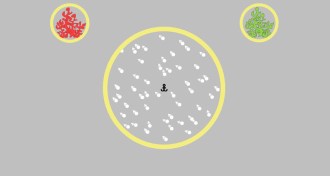 Neuroscience
NeuroscienceChildren with autism excel at motion detection test
Children with autism outperform children without the disorder on a test that requires averaging the movements of lots of dots.
-
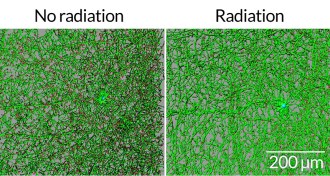 Neuroscience
NeuroscienceZipping to Mars could badly zap brain nerve cells
Charged particles like the ones astronauts might encounter wallop the brain, mouse study suggests.
-
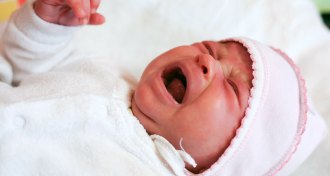 Health & Medicine
Health & MedicineHow baby cries bore into mom’s brain
Mouse moms’ brains are sculpted by pups’ pleas for help, which make her into a better mother.
-
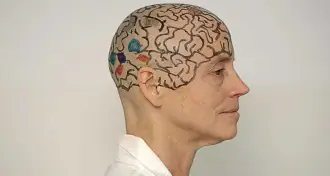 Neuroscience
NeuroscienceBrain on display
In her online videos, Nancy Kanwisher goes where few other neuroscientists go.
-
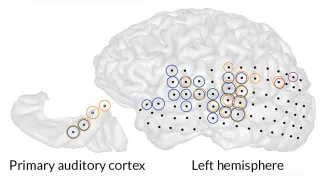 Neuroscience
NeuroscienceTinnitus causes widespread trouble
People don’t just hear the phantom ringing of tinnitus in the part of the brain that processes sounds.
-
 Neuroscience
NeuroscienceCatching Zs may snag memories, too
Flies genetically destined to be forgetful could boost their memory with sleep.
-
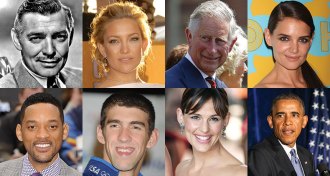 Psychology
PsychologyBig ears don’t necessarily come with baggage
In a small study, adults judged children and teens with big ears as intelligent and likable.
-
 Neuroscience
NeuroscienceBeing watched can boost productivity
In the company of another, a monkey steps up production on a simple job.
-
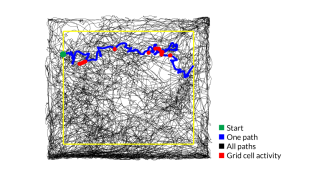 Neuroscience
NeuroscienceWhen brain’s GPS goes awry, barriers can reboot it
Brain’s internal map self-corrects when it hits a (literal) wall.
-
 Neuroscience
NeuroscienceNicotine exposure escalates rats’ desire for alcohol
Rats drink more alcohol after they’ve been hooked on nicotine.
-
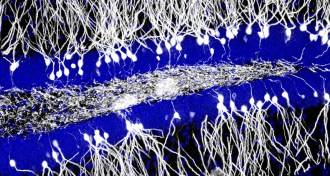 Neuroscience
NeuroscienceYear in review: Memories vulnerable to manipulation
New experimental results in 2014 helped bring scientists closer to understanding how the brain manipulates memories to make sense of the world.
-
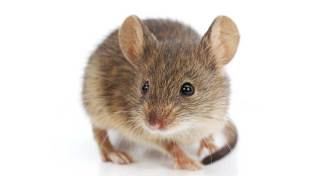 Neuroscience
NeuroscienceYear in review: Young blood aids old brains
Ingredients in young blood can rejuvenate old mice’s bodies and brains, scientists reported in 2014.